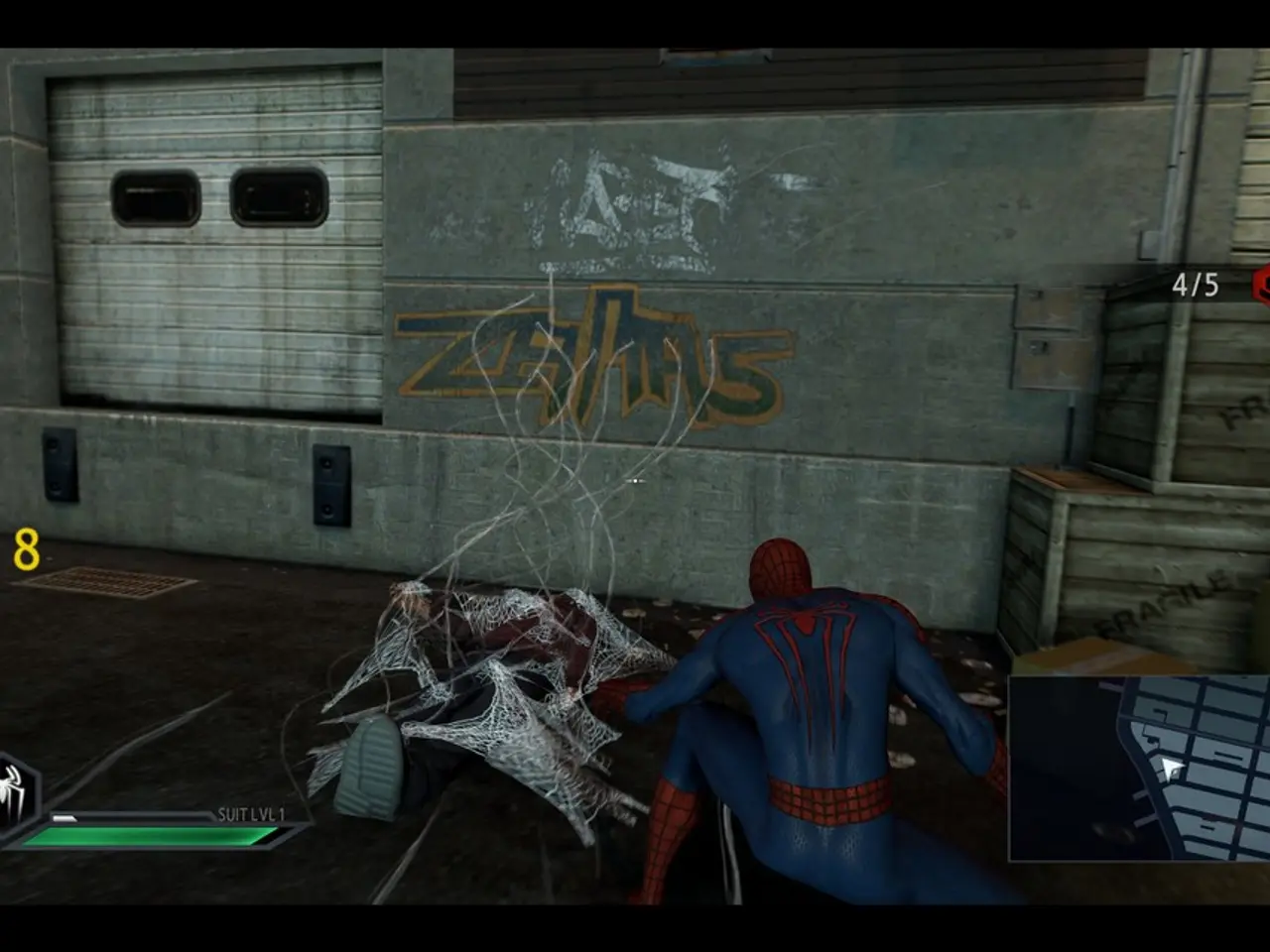Beyond the Headlines: Arab States, Turkey Slam Israel's Actions Against Iran and the Global Upheaval
Countries in the Arab region, alongside Turkey, express their disapproval and opposition towards Israel's military actions against Iran.
Tweet Share on FB Forward on WhatsApp Email it Print Copy Link 🔗
Cue the drumroll: It ain't pretty in the Middle East these days, folks. A ruckus is brewing between Israel and Iran, and it's got the world's attention, good and bad.
Several Arab states and the land of the rising crescent, Turkey, have pointed the finger at Israel, questioning its recent attacks against Iran. Jordan's Foreign Ministry slammed Israel's actions as "hostilities" that need to cease, insisting on a complete ceasefire across the region. The joint statement was a collaborative effort between foreign ministers from a who's who of nations: Algeria, Egypt, Iraq, Jordan, Kuwait, Libya, Mauritania, Pakistan, Saudi Arabia, Sudan, and Turkey.
The gist of their message? The Middle East needs to free itself from nuclear weapons and other weapons of mass destruction, period - no exceptions for any country in the region, in accordance with international resolutions already in place. Yet, there's a catch - Israel ain't on board the Nuclear Non-Proliferation Treaty train, and they've seemingly chosen to defy the party line.
But why? The nitty-gritty details are fuzzy, but one thing's for certain: people are worried about this whole mess destabilizing the region and causing a ripple effect beyond its borders. While some nations might get Israel's security concerns, others are critical of the tactic of military force, fearing it could hinder the quest for a nuclear-free Middle East. And, as if things weren't complex enough, diplomatic efforts to resolve Iran's nuclear situation through agreements and sanctions have been, to put it mildly, problematic.
Meanwhile, the conflict's potential to derail regional stability and progress is high on the international community's list of concerns. Establishing a Middle East free of nuclear weapons and other weapons of mass destruction is an old dream that's looking more and more like a pipe dream, what with the current volatile situation. Plus, the looming threat of potential even larger conflicts involving other regional players continues to lurk in the shadows.
And that's not all! The fighting's already disrupted the smooth functioning of global energy markets, with oil prices going up, up, up. Should this conflict escalate significantly, the Strait of Hormuz - a crucial oil transportation chokepoint - might get bottlenecked, or even targeted, leading to a potential economic downturn and higher oil prices. Ouch!
So, there you have it. It's a complex, potentially explosive scenario that's testing the nerves of players worldwide. Let's hope cooler heads prevail, or the consequences could be catastrophic. Because, let's face it - the world's had enough ugly headlines lately. 😓
The Arab states, including Jordan, Turkey, Algeria, Egypt, Iraq, Kuwait, Libya, Mauritania, Pakistan, Saudi Arabia, and Sudan, have jointly criticized Israel's actions towards Iran, calling for a complete ceasefire and the disarmament of nuclear weapons in the region, in accordance with international resolutions. In the midst of political tensions and escalating conflicts, cooperation and dialogue are crucial to preventing a larger-scale war and ensuring regional stability and the smooth functioning of global energy markets.








